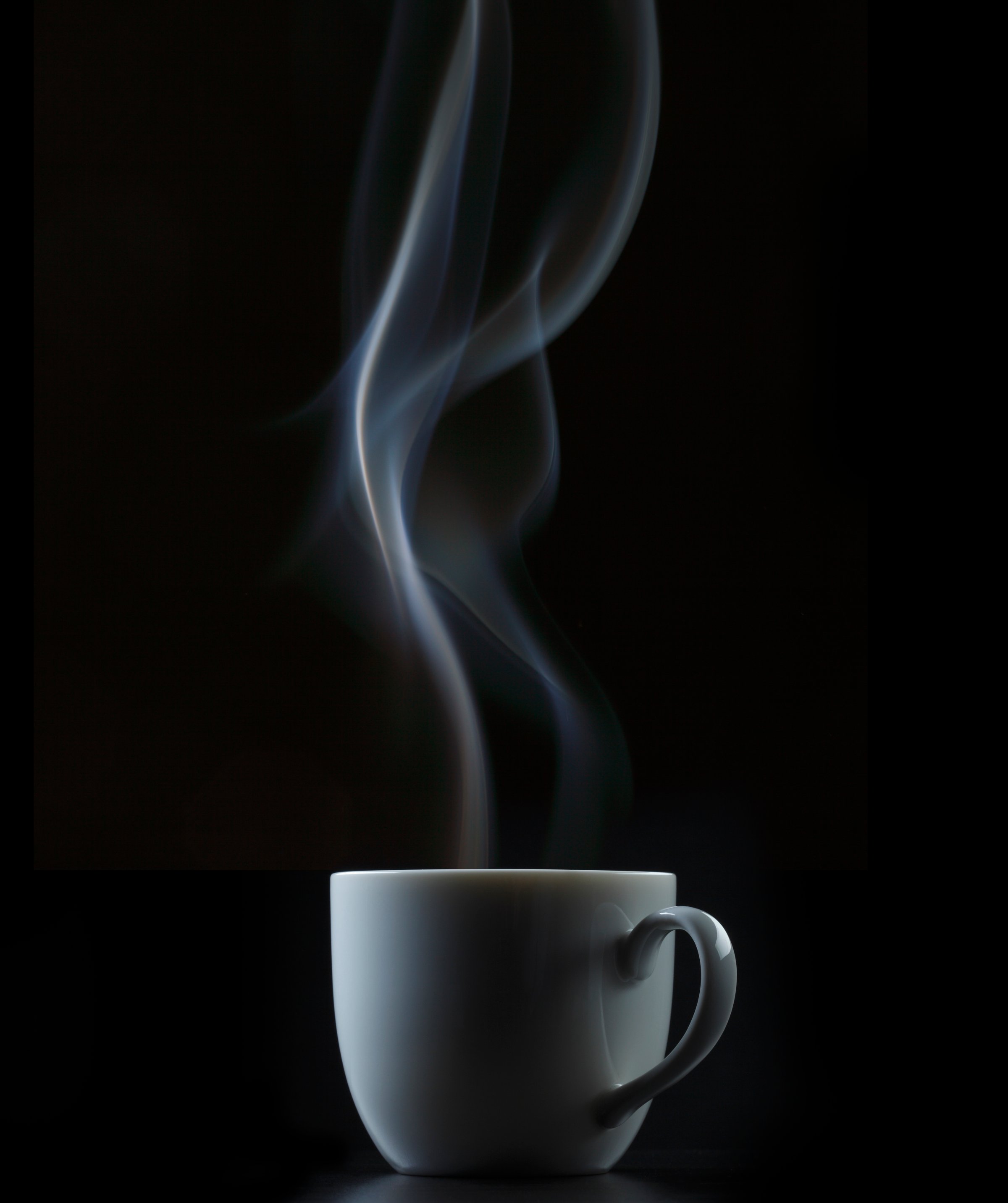
The list of cancer-causing agents is long–and getting longer. Experts already tell us to avoid smoking, exposure to UV radiation from the sun and even air pollution since these factors can increase the risk of cancer. Now the World Health Organization says hot drinks like coffee and tea belong on that list too.
The group’s International Agency for Research on Cancer (IARC) looked at about 1,000 studies that investigated a connection between high-temperature drinks and cancer. Based on the available evidence, they conclude that drinking very hot beverages–anything above 149°F (65°C), which is significantly cooler than most coffee served in restaurants and cafés–is linked to a higher risk of cancer of the esophagus. The results were published in the journal Lancet Oncology.
Hot drinks now join a list of 79 other substances–including red meat, emissions from frying foods, DDT and the human papillomavirus–that have been deemed by the agency to be a “probable” carcinogen in humans.
Of course, that doesn’t mean a steaming cup of coffee every morning will always cause cancer. And in fact, the same report had some good news for coffee lovers. Back in 1991, the last time the IARC looked at coffee, the group deemed it a “possible” carcinogen based on data linking it to bladder cancer. But in light of a large, newer body of research, the group says there isn’t adequate evidence to classify coffee itself as a carcinogen–it’s the temperature at which it’s consumed that seems to tip the balance.
Experts think that people with a condition called Barrett’s esophagus, which often precedes esophageal cancer, are especially vulnerable. And while a small risk exists for everyone, Dr. Otis Brawley, chief medical and scientific officer at the American Cancer Society, says smoking and excessive drinking are much bigger threats to health than piping-hot coffee or tea.
Some research has shown that coffee and tea may even prevent cancers in several other parts of the body. More research is needed, but for now, experts are advising only minor changes to people’s morning routines.
“It’s a pretty simple message,” says Mariana Stern, a professor at the University Southern California and one of the IARC’s working-group members. “You can drink your favorite hot drink. Just make sure the temperature is not superhot.”
–ALICE PARK
More Must-Reads from TIME
- Donald Trump Is TIME's 2024 Person of the Year
- Why We Chose Trump as Person of the Year
- Is Intermittent Fasting Good or Bad for You?
- The 100 Must-Read Books of 2024
- The 20 Best Christmas TV Episodes
- Column: If Optimism Feels Ridiculous Now, Try Hope
- The Future of Climate Action Is Trade Policy
- Merle Bombardieri Is Helping People Make the Baby Decision
Contact us at letters@time.com